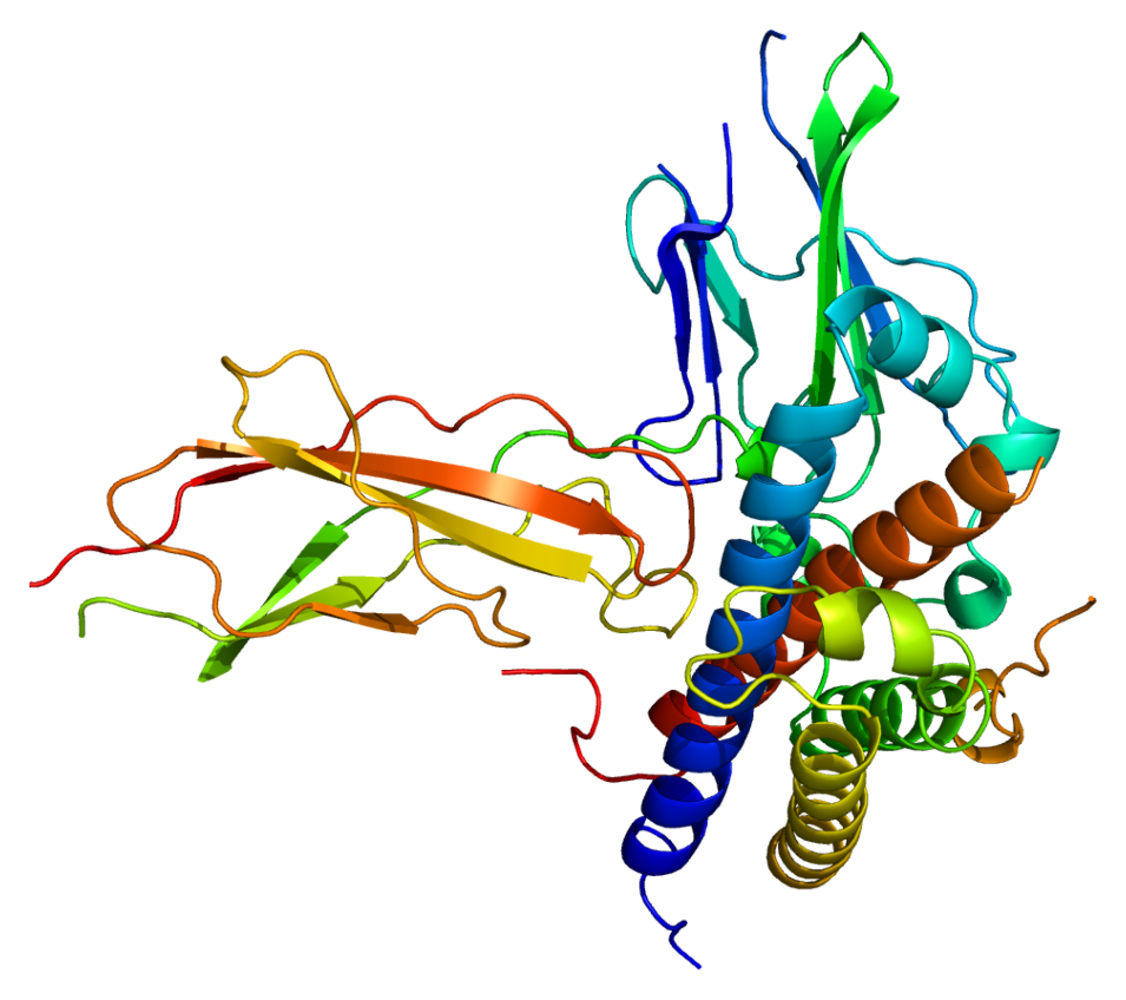An isolated population of people in Ecuador could hold the genetic key to a long and healthy life, according to research published in the journal Science Translational Medicine this week.
It's known that mutations in growth signalling pathways can extend life span and reduce genetic damage in model organisms like yeast and nematode worms, and even reduce insulin resistance and cancer rates in mice.
 To find out what effect mutations in similar genes may have on humans, Jaime Guevara-Aguirre at the institute of Endocrinology, Metabolism and Reproduction, in Quito, Ecuador; Valter Longo at University of Southern California, and colleagues, have studied a group of 99 related people who all displayed a mutation in the Growth Hormone Receptor or GHR gene - most of them having the E180 mutation, where the resultant protein lacks eight amino acids, and as such cannot fold into the correct shape. As a result of this mutation, their growth is limited.
To find out what effect mutations in similar genes may have on humans, Jaime Guevara-Aguirre at the institute of Endocrinology, Metabolism and Reproduction, in Quito, Ecuador; Valter Longo at University of Southern California, and colleagues, have studied a group of 99 related people who all displayed a mutation in the Growth Hormone Receptor or GHR gene - most of them having the E180 mutation, where the resultant protein lacks eight amino acids, and as such cannot fold into the correct shape. As a result of this mutation, their growth is limited.
The subjects themselves have been observed since 1988, and information on illness and death has been collected for a further 53 GHR-deficient relatives, and 1606 relatives of the cohort that were not affected by GHR-deficiency. This allowed the researchers to look at causes of illness and death in the two populations to see if there were any significant differences.
Cancer accounted for 17% of all diseases, and 20% of deaths in the unaffected relatives, but was not recorded as a cause of death for anyone in the GHR-deficient population. Likewise, there were no reported cases of diabetes in the affected population, and blood tests revealed significantly lower levels of insulin - this tells us that something about this mutation increases insulin sensitivity. However, there was no evidence of an extended lifespan, probably due to the high proportion of deaths caused by non-age-related causes like convulsive disorders, alcohol toxicity and accidents.
To try to explain why this might be, the researchers took human cells and incubated them with serum from either the GHR-deficient subjects or their non-affected relatives, before exposing these cells to a highly oxidising solution of hydrogen peroxide. While individual cells incubated with the GHR-deficient serum showed less DNA damage, there was also higher levels of apoptosis, or programmed cell death, amongst these cells. This suggests that the cells tend to self-destruct rather than accumulate DNA damage.
The authors suggest that their results "provide a foundation for further investigation into the role of drugs blocking the GHR to prevent or reduce the incidence of cancer, diabetes, and other age-related diseases."
- Previous Black Bears may send us to the Stars
- Next Seeing inside the body










Comments
Add a comment